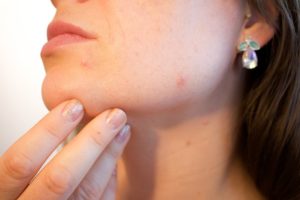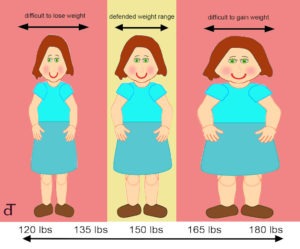- +91 87790 01598
- healthcentred@gmail.com
- Mon - Fri: 10.00 – 13.00 / Closed on Weekends
Home » Treatment for PCOS
Polycystic Ovary Syndrome, or PCOS, is a problem in which a woman’s hormones are out of balance that affects about 10 million women in the world.
Most women with PCOS grow multiple small cysts in their ovaries. The cysts are not harmful but they lead to hormone imbalances leading to changes in a woman’s menstrual cycle, fertility, cardiac function, and appearance. Despite the name, many women do not have cysts on their ovaries.
Genetics and environmental factors are believed to be involved in the development of PCOS as the exact cause is unknown. It is a leading cause of female infertility and is responsible for a number of symptoms that can affect the body physically and emotionally. If it isn’t treated, over time it can lead to serious health problems, such as diabetes and heart disease.
Hormones are chemical messengers that are responsible to carry out different processes for the proper functioning of the body. Often, the job of one hormone is to signal the release of another hormone. For reasons that are not well understood, in PCOS the hormones get out of balance.
Symptoms of PCOS may begin shortly after puberty, but can also develop during the later teen years and early adulthood. Because symptoms may be attributed to other causes or go unnoticed, PCOS may go undiagnosed for some time.
Women with PCOS typically have irregular or missed periods as a result of not ovulating. Symptoms tend to be mild at first. One may have only a few symptoms or a lot. Because PCOS is marked by a decrease in female sex hormones, this condition may cause women to develop certain masculine characteristics, such as:
• Excess hair on the face, chest, stomach, thumbs, or toes
• Decrease in breast size
• Deeper voice
• Hair loss
Other symptoms may include:
• Acne
• Fatigue
• Weight gain
• Pelvic pain
• Mood swings or depression
• Infertility
PCOS DIAGNOSIS
There is not one special test that can diagnose PCOS. You may have symptoms such as irregular or skipped periods, weight changes, hair changes, abnormal thyroid hormones and acne, your family’s medical history.
A few blood tests may be required including blood sugar and androgen levels. Blood sugar may show borderline diabetes. A sonogram may also be done to evaluate the ovaries. A specialist will help to make a diagnosis of PCOS using these test results and exclude other causes for your symptoms.
Treatment
Regular exercise, healthy foods, and weight control are the most essential treatments for PCOS. Treatment can reduce unpleasant symptoms and help prevent long-term health problems like diabetes and heart problems.
• Most women who have PCOS can benefit from losing weight.
• Eat heart-healthy foods. This includes lots of vegetables, fruits, nuts, beans, and whole grains and limits foods that are high in saturated fat, such as meats, cheeses, and fried foods.
• Try to fit in moderate activity and/or vigorous activity often.
• If you smoke, consider quitting. Women who smoke have higher androgen levels that may contribute to PCOS symptoms.
© 2024 All rights reserved
Design By Global Technology